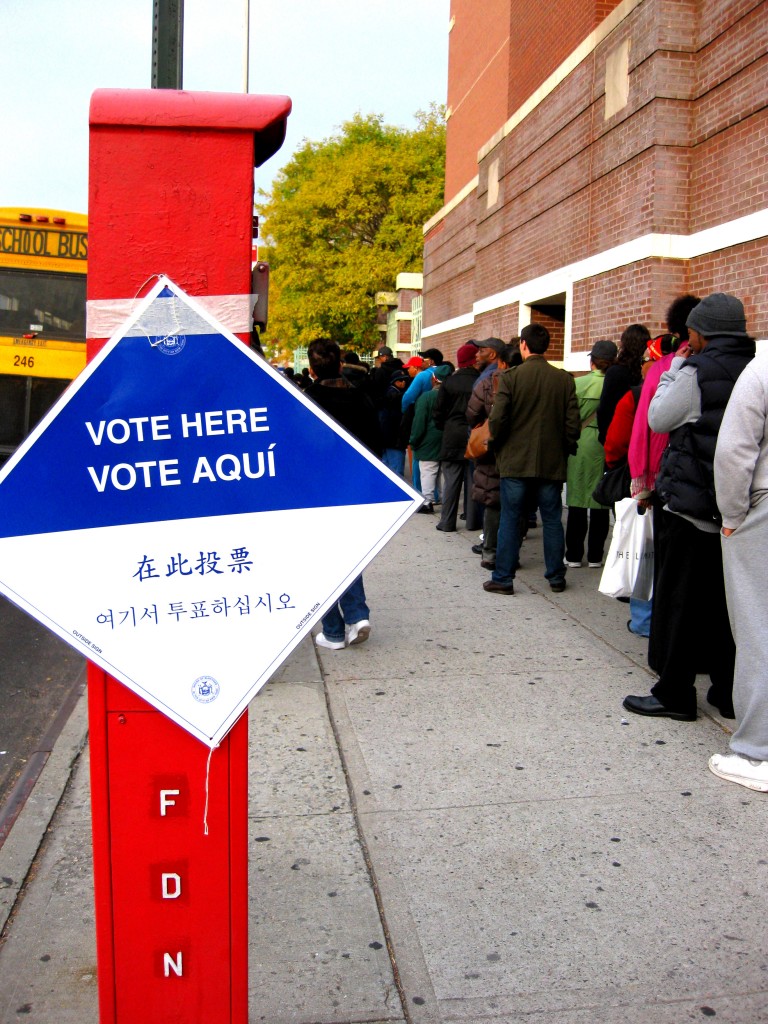WASHINGTON – Even as the campaign cash flows, many U.S. companies say they deserve the same political speech freedoms of individual American citizens.
While individuals can contribute up to $200 to a candidate directly without disclosure, corporations and labor groups are prohibited under current Federal Election Commission law from giving directly to a candidate.
According to the Center for Responsive Politics, a Washington-based political watchdog group, the 2014 elections cost almost $4 billion – more than any previous midterm election.
This is due in large measure to Citizens United – the 2010 Supreme Court case that granted corporations, unions and individuals the right to spend unlimited amounts on political advocacy campaigns not affiliated with a particular candidate. The case linked money with speech.
While Citizens United gave way to the exponential increase in the financial power of outside groups, including super PACs, some lawyers argued that the 2002 McCain-Feingold Act still diminished businesses’ ability to engage in elections.
At a U.S. Chamber of Commerce event Wednesday, Amir Tayrani called the Citizens United case a “great victory for free speech.” Tayrani, a partner at Gibson Dunn & Crutcher LLP, had briefed the case in the Supreme Court.
“The First Amendment and its free speech protections apply with equal force to corporations and labor unions on the one hand, and individuals on the other,” Tayrani said.
Tayrani said he is most concerned with the continuing disclosure and transparency requirements for large corporate donors that do not apply to individual citizens. He wants to ensure the government does not “imbue certain speakers with greater rights.”
On the other hand, the Sunlight Foundation calls campaign finance disclosure an “essential public accountability mechanism.” On its website, the nonpartisan advocate for open government states that “providing public access to this kind of information about the flow of money in politics empowers oversight and accountability in the government decision-making process.”
In a phone interview Friday, scholar Peter Wallison of the American Enterprise Institute, said some individuals and corporations have suffered “retaliation … for political contributions they have made.” He was referring to Mozilla co-founder Brendan Eich who was forced to resign after he made political contributions to a campaign that favored banning gay marriage in California.

